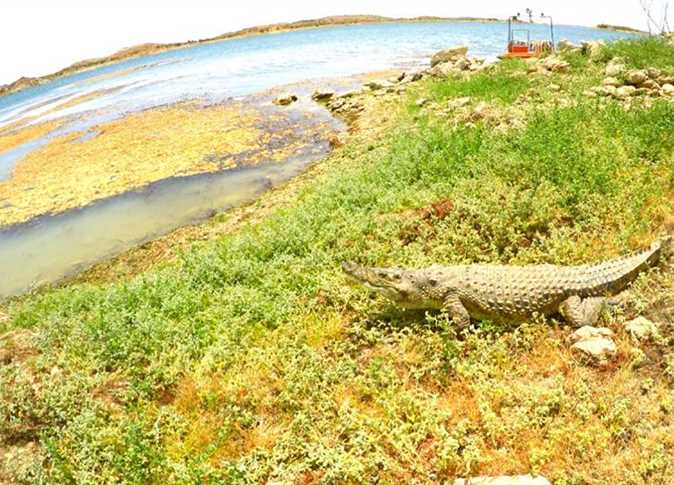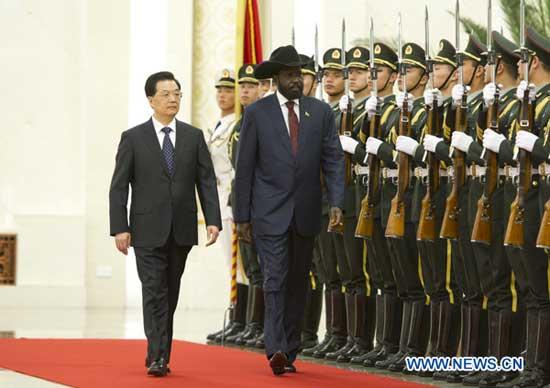IBM scientists in Kenya have unveiled a Water Management Service Platform (WMaaSP) to address the needs safe water in remotes parts of northern Kenya. The project was presented for the first time at the World Water Week conference in Stockholm, Sweden.
The IBM Cloud-hosted platform was developed in collaboration with various private and public sector partners in Kenya as representatives of the local governments in the northern counties of Kenya.
WMaaSP, accessible on both web and mobile as an app will provide decision support capabilities to county water officials and other partners. The IBM Research-built platform can enable decision making by predicting water demand based on population trends, ground and surface water supply, climactic patterns and land use. The platform uses sensors to provide supply and demand patterns based on groundwater extraction data. It can also help water service providers significantly reduce their non-revenue water (water that is “lost” before it reaches the customer through leaks, theft or metering inaccuracies).
The platform is part of the Kenya Resilient Arid Lands Partnership for Integrated Development (Kenya RAPID) under the coordination of the Millennium Water Alliance (MWA).
“The Kenya RAPID programme combines assets and experience of development actors, private and public institutions by leveraging their capital and investments, innovation and access to markets to address complex problems of inadequate water access, sanitation and poor governance of natural resources in the Arid and Semi-Arid Lands (ASAL) counties of Garissa, Isiolo, Marsabit, Turkana and Wajir in Kenya,” Doris Kaberia Chief of Party for Kenya RAPID & Kenya Programs Director at Millennium Water Alliance said.
The traditional approach to coping with water challenges, especially in water-scarce, arid environments has been to increase supply. This has always been done by investing unsustainably in decentralized water infrastructure (such as dams and boreholes) to meet growing domestic, agricultural and industrial demands. Local governments and donor organizations typically finance expensive water infrastructures which are then handed over to communities with the limited capacity to maintain them. Water managers also lack visibility into the location, status, and performance of the water infrastructure, leading to an inability to respond to user feedback and a limited ability to provide repair and maintenance.
“For instance, if a citizen reports an issue to the sub-county water officer, the officer can use the mobile app to quickly locate the issue and assign the complaint to a repair officer who then inspects the issue and files a site report detailing the issue and/or required resources, also using the app. Once the repairs are complete, the assigned officer files a repair report detailing what was fixed to close the issue through the mobile app,” Dr. Nathan Wangusi, the Principal Project Investigator from IBM Research – Africa said.
SweetSense, a startup that works closely with IBM Research, is also installing sensors on electric water pumps to measure rates of utilization and infer levels of functionality to aid in the dispatching of crews for timely repair and maintenance for more efficient management of decentralized water infrastructure.
The platform can help water managers make decisions by predicting water demand based on population trends, ground and surface water supply, climatic patterns and land use.
IBM has also established a Rotational Program with the counties which is focused on sharing software development skills with the county ICT representatives as these skills pertain to aspects of WMaaSP. The Program will allow the county representatives to work with IBM Research’s Engineering Team to learn first-hand how WMaaSP is designed and how it is being iteratively developed.


